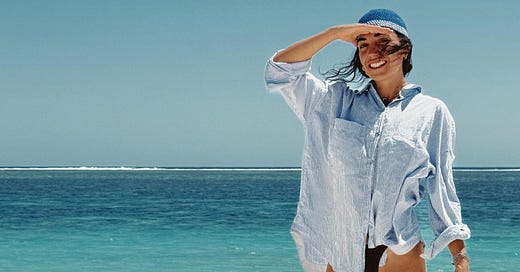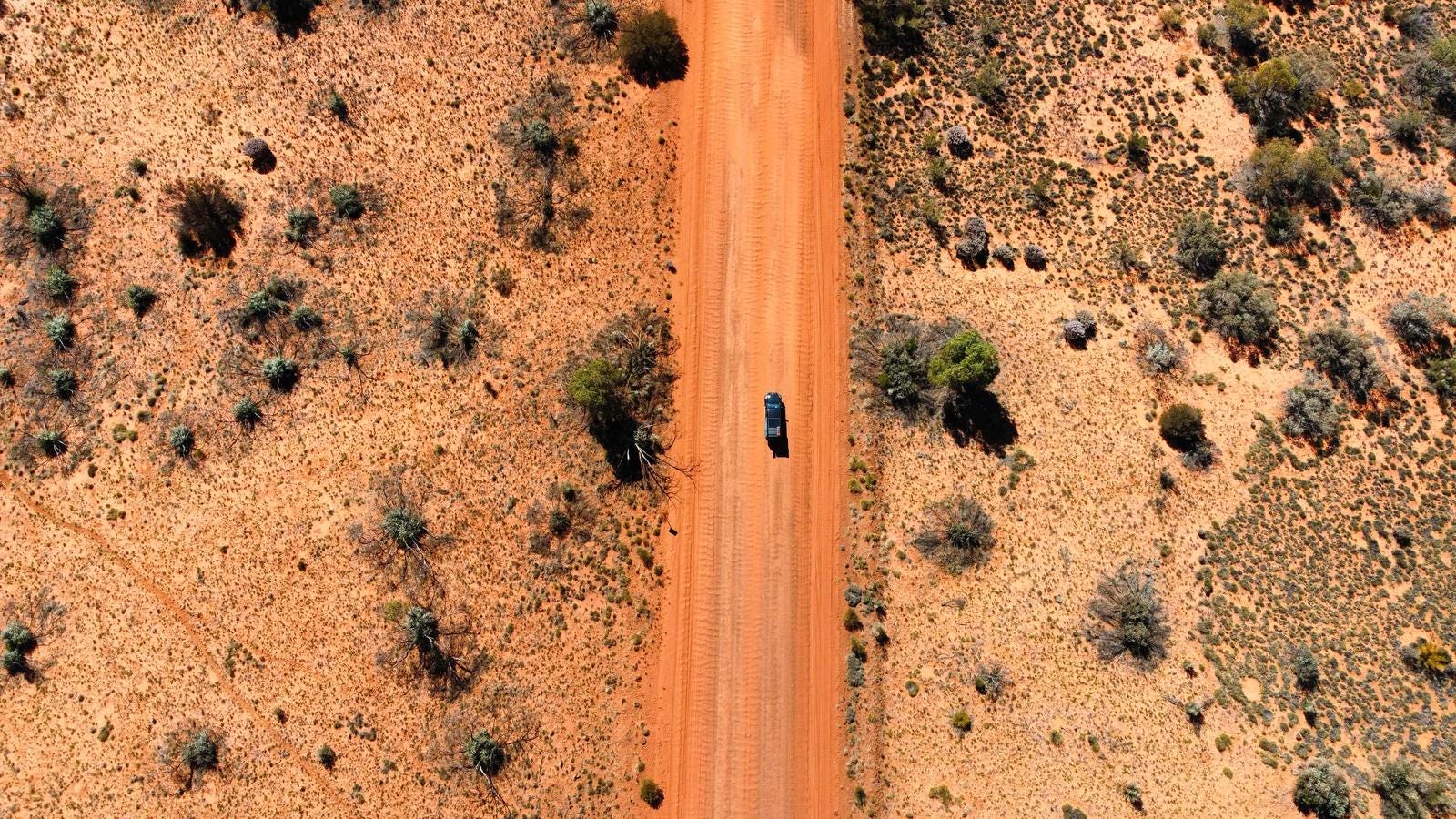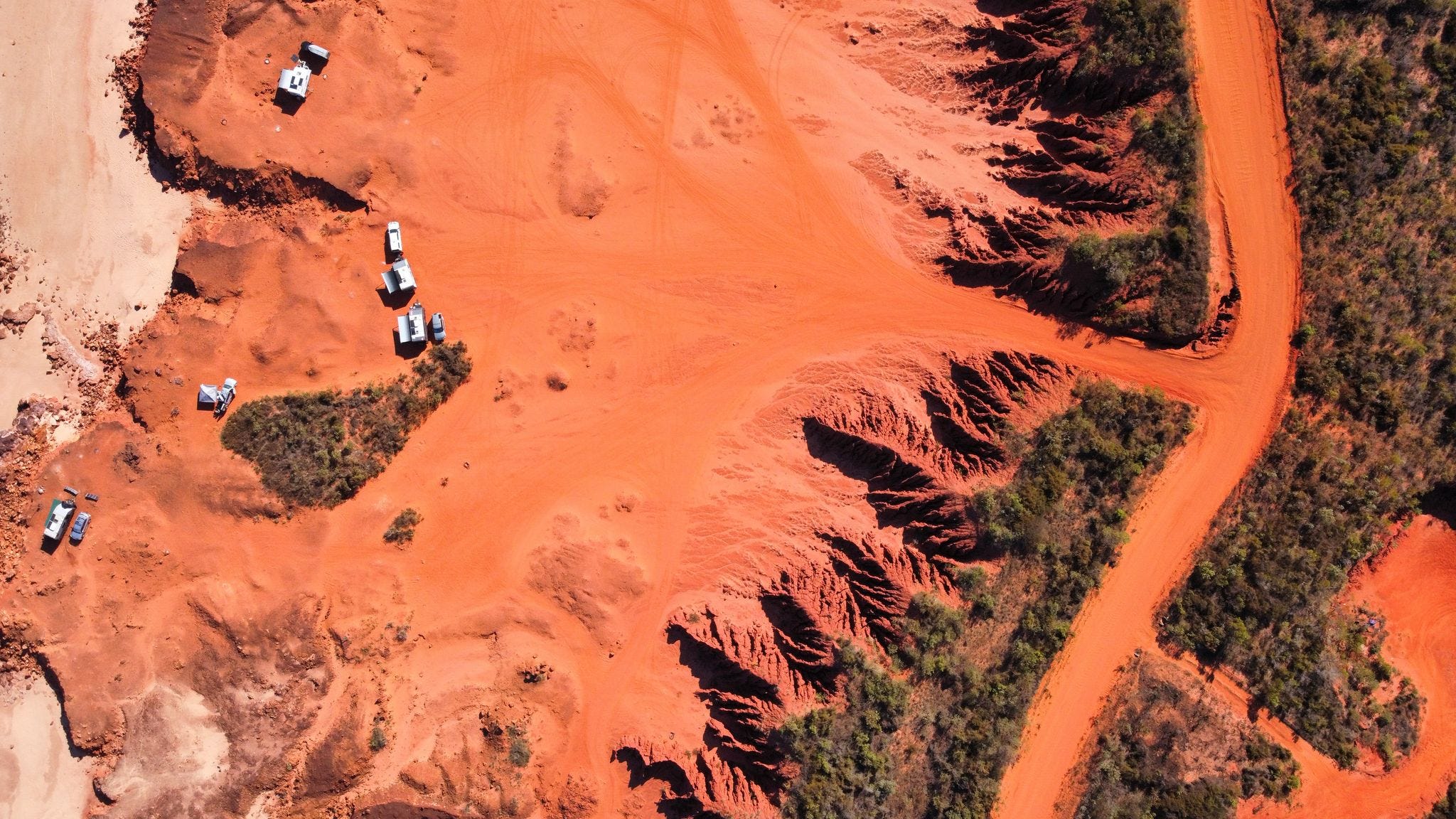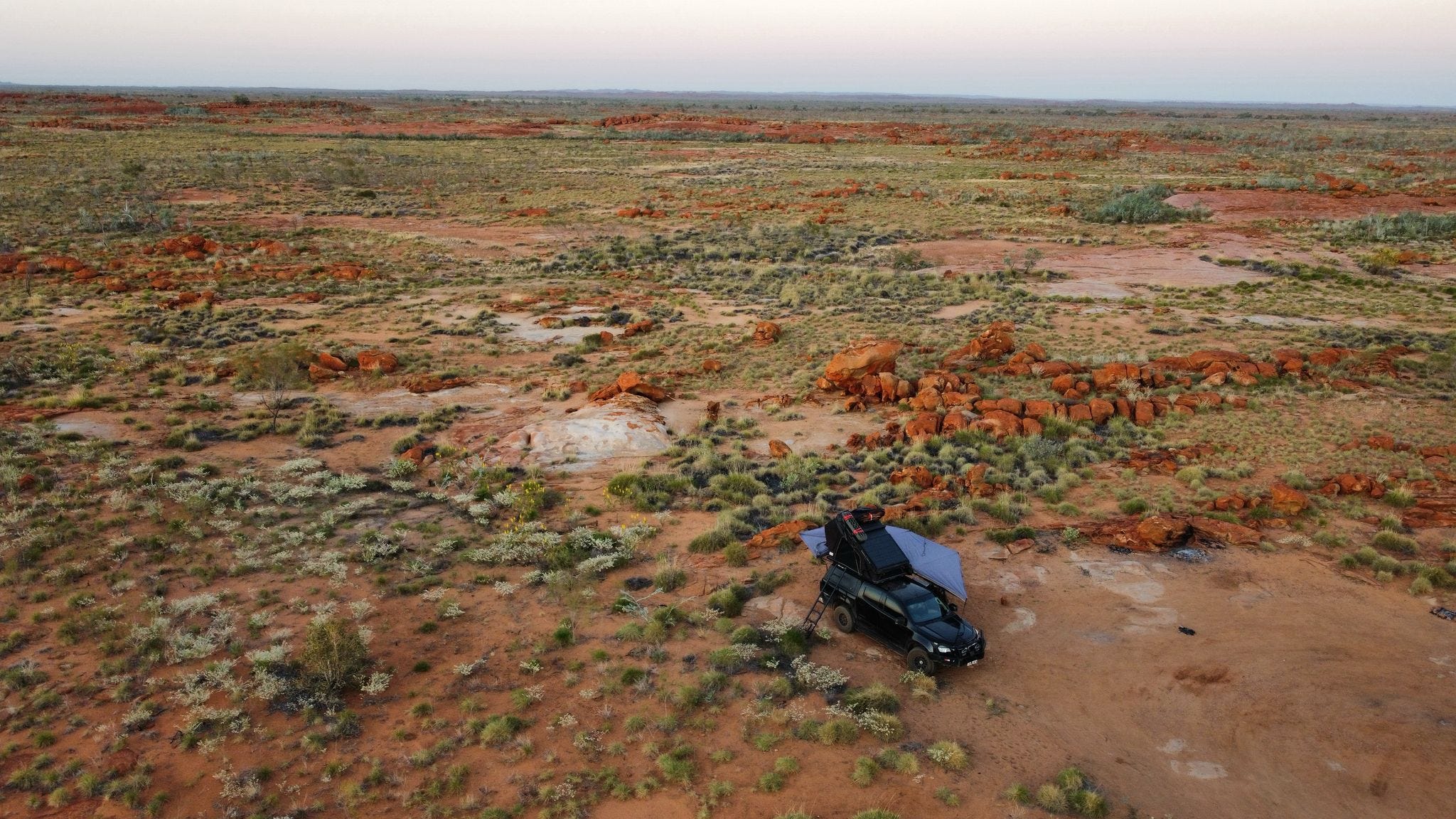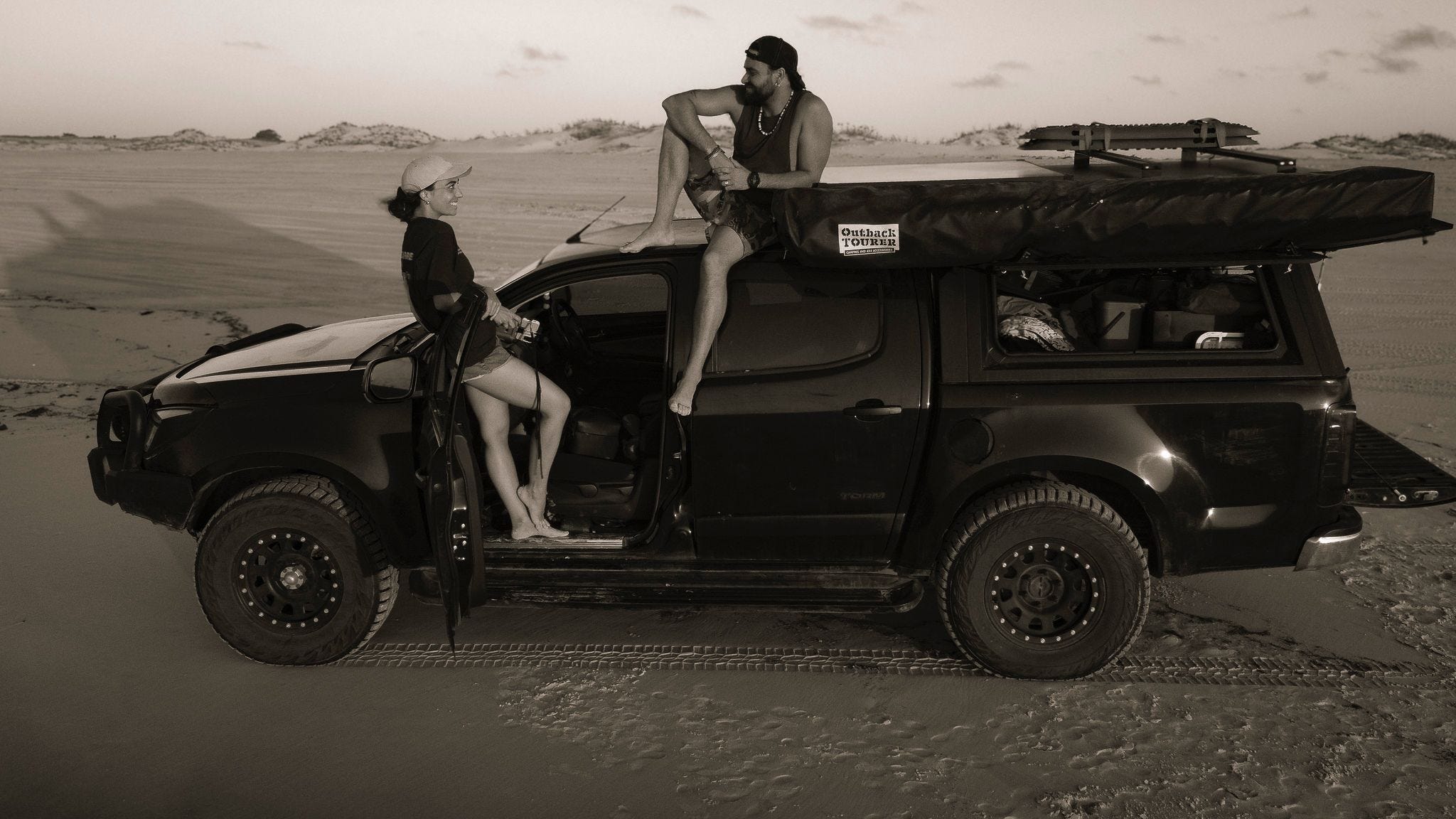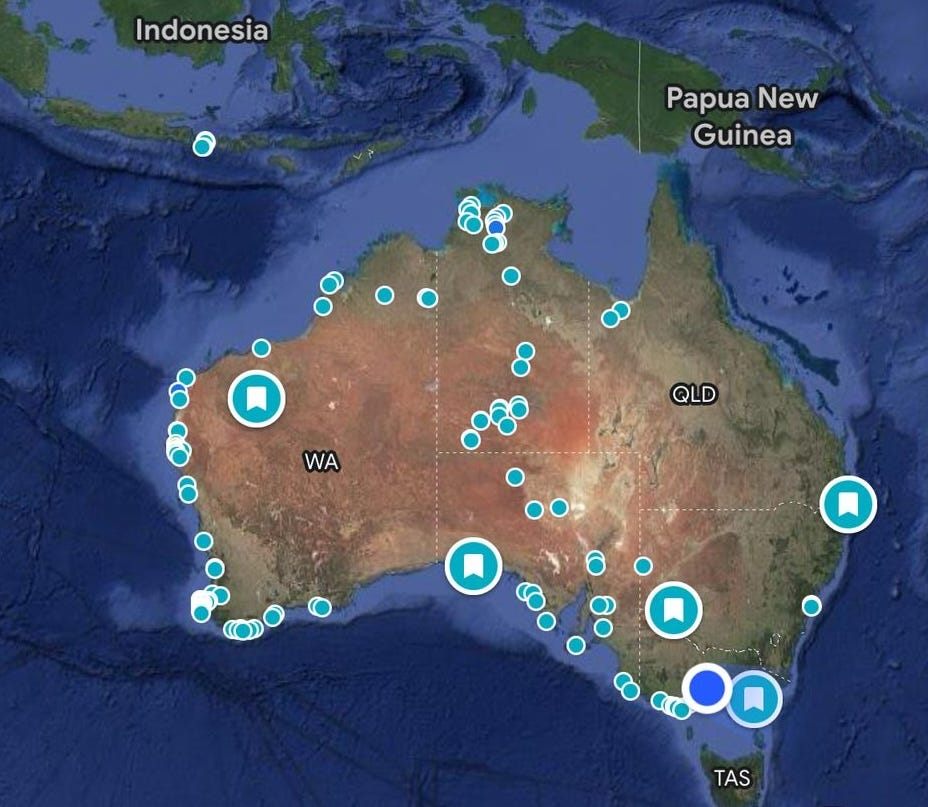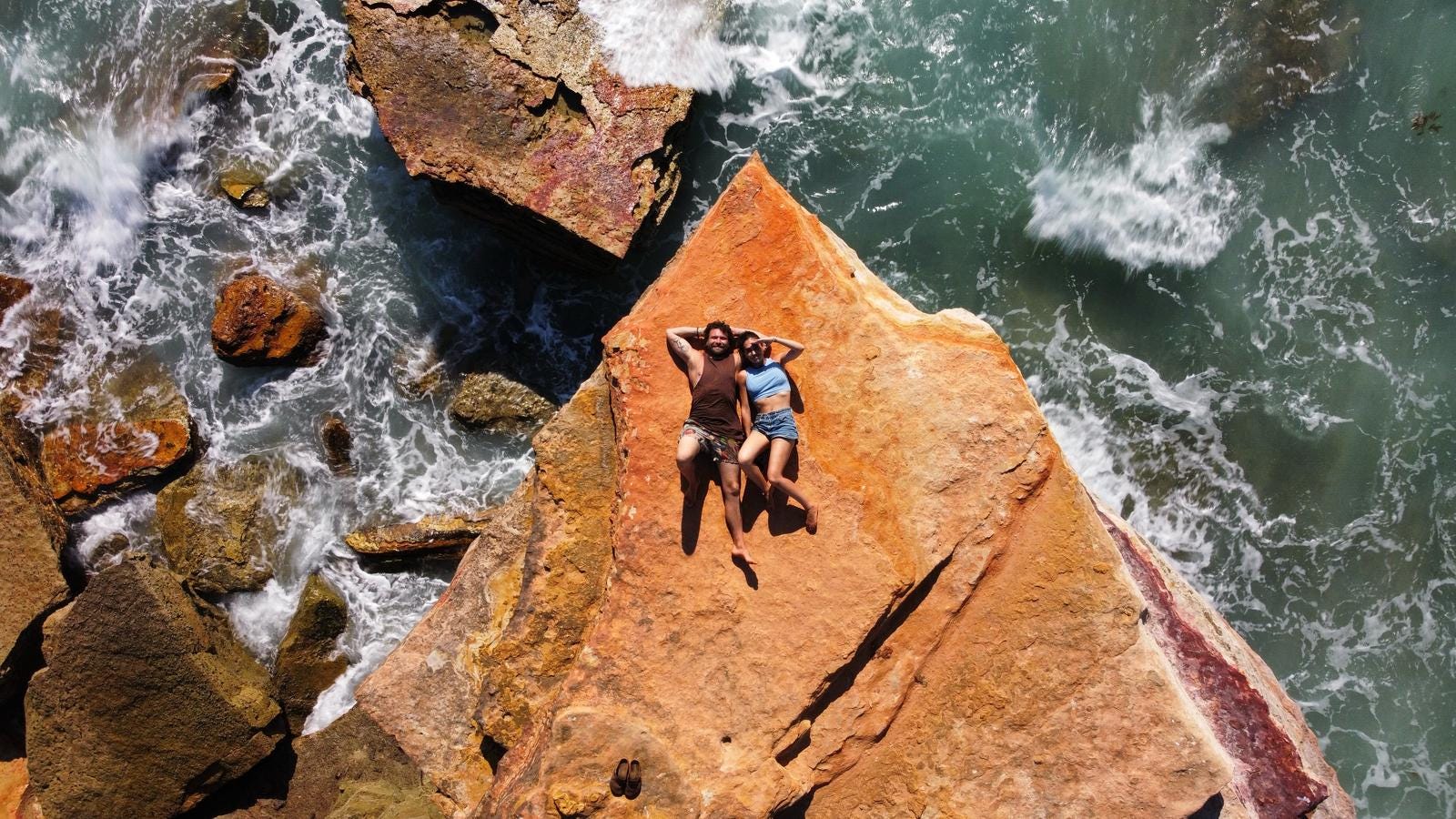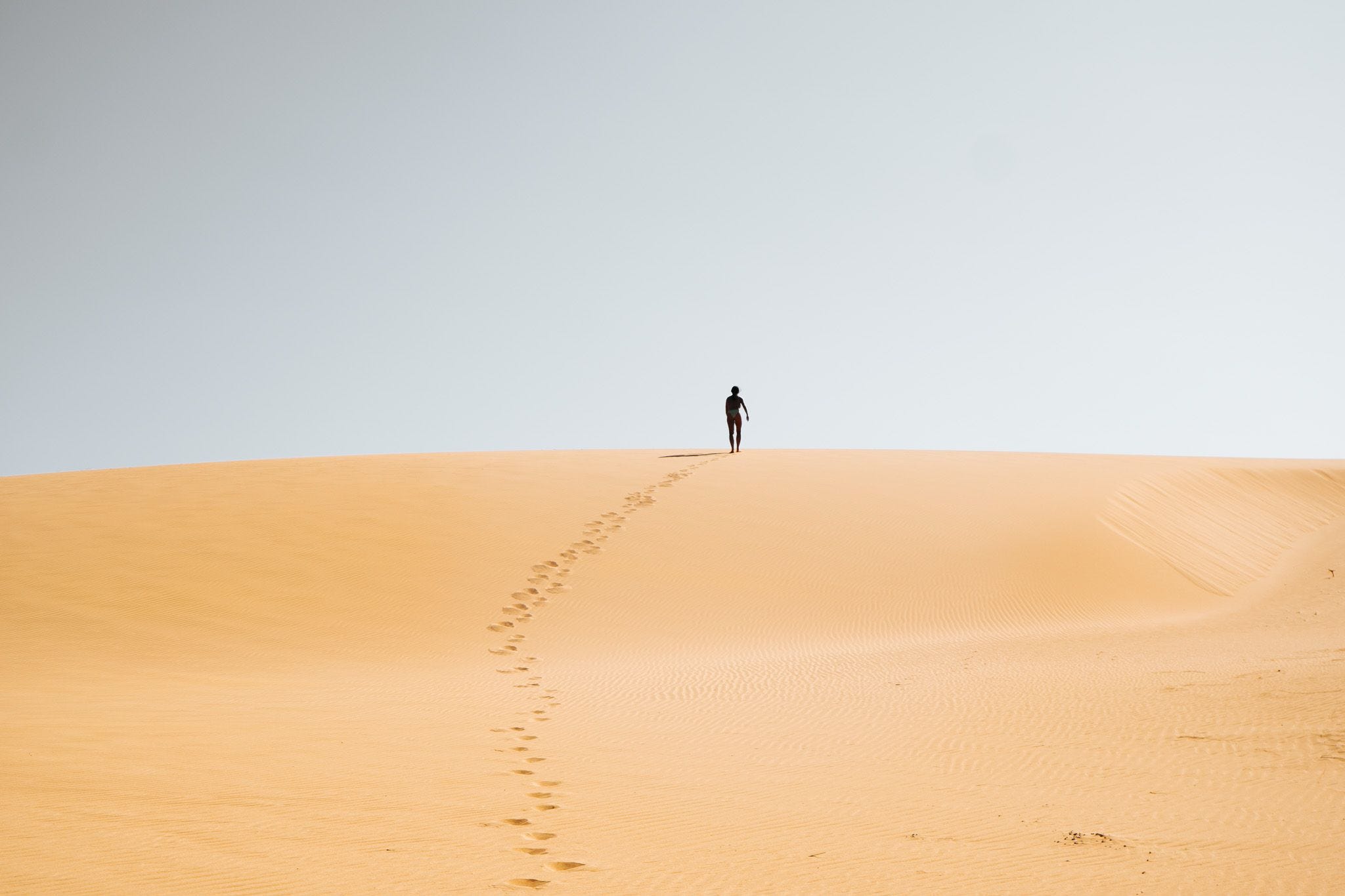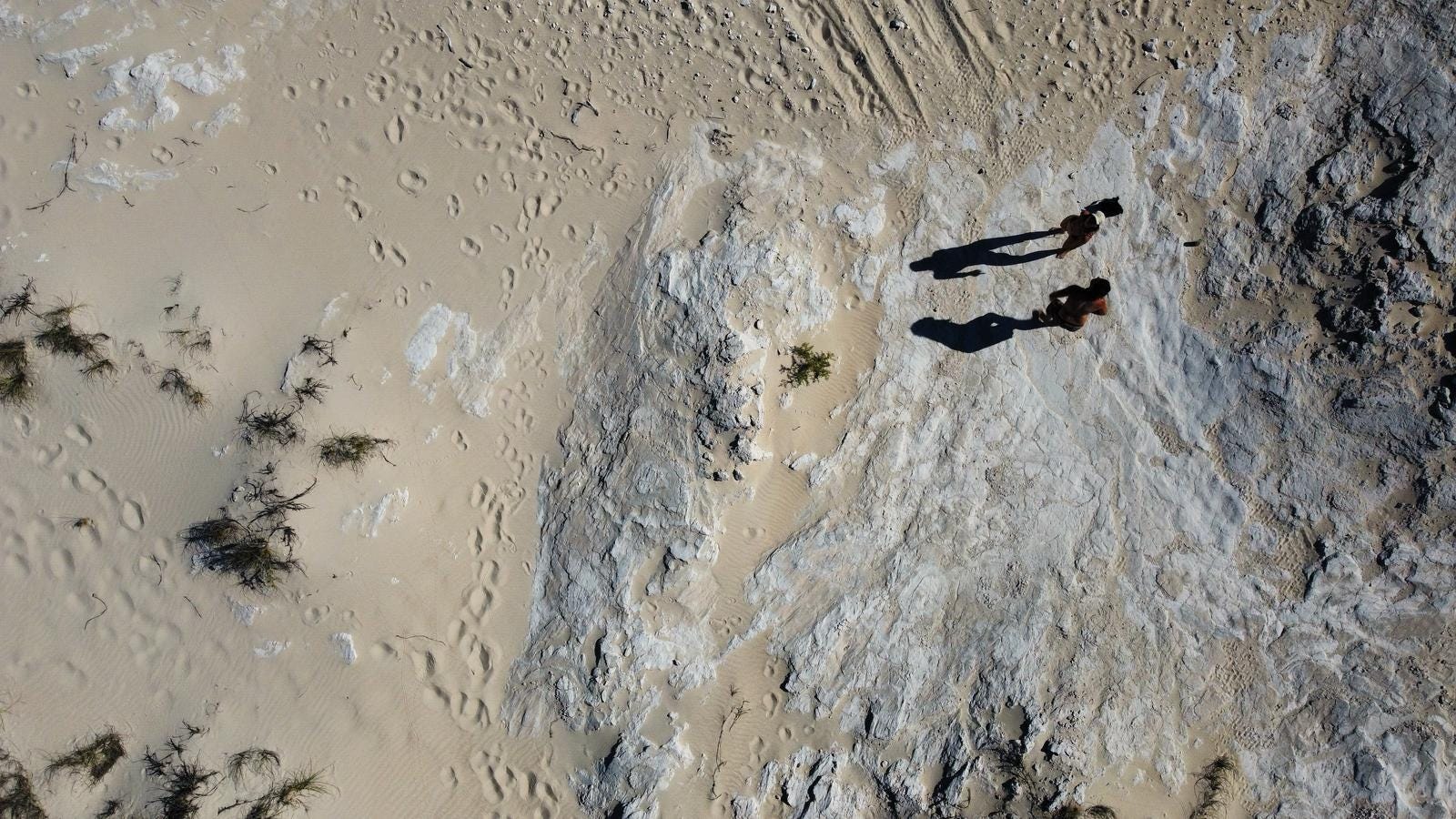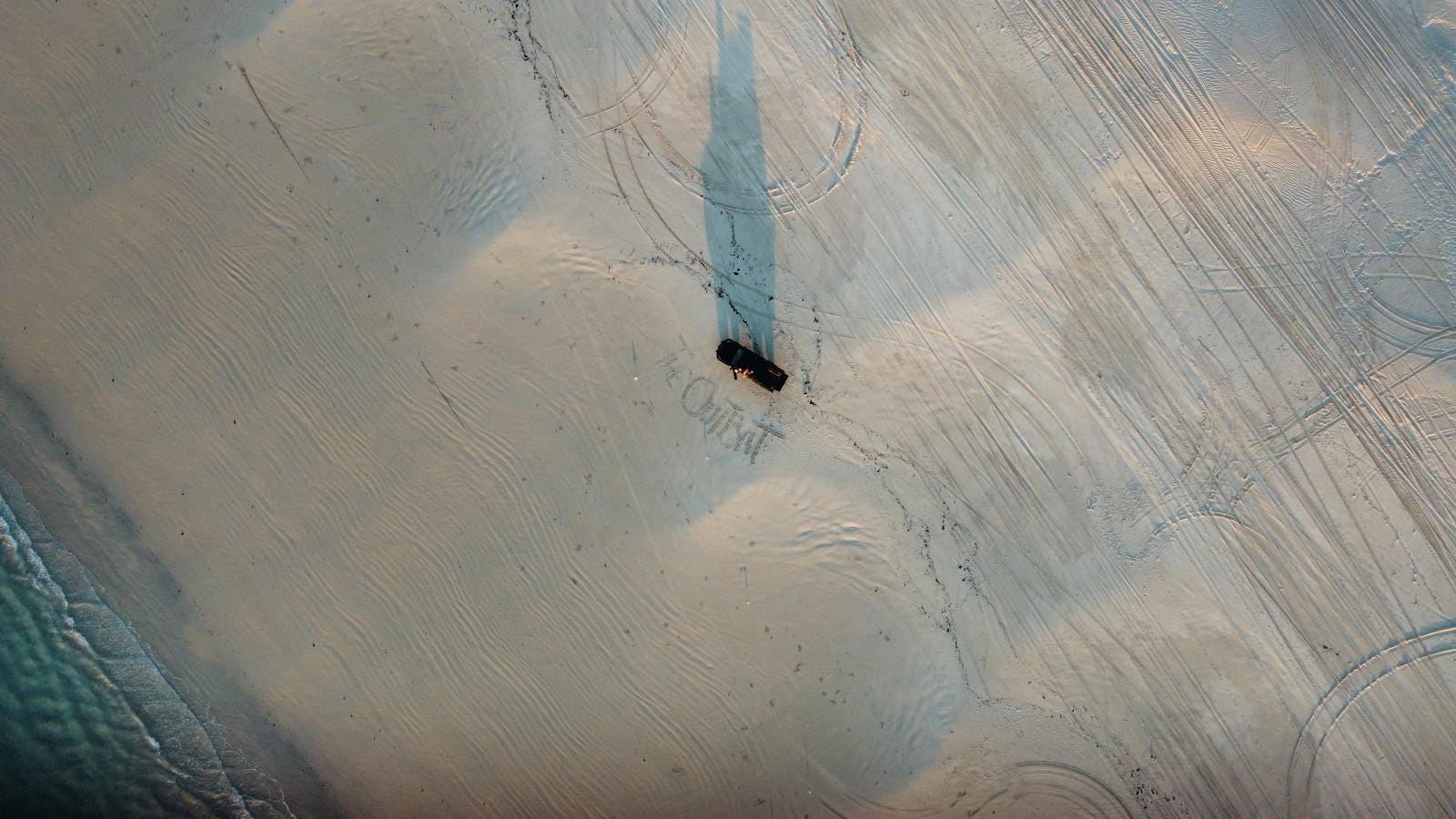Infinity on Earth
"Outback" is an Australian term that refers to the vast, remote, and sparsely populated regions of the continent’s interior. It does not have a strict geographical definition, but it generally describes the arid and semi-arid areas far from cities and the coast. The Outback challenges our traditional idea of a “place”. It is a concept of space that defies perception, where roads dissolve into the horizon and time takes on a different rhythm. Here, asphalt gives way to red dust, road signs warn of camels and kangaroos, and sunsets set the sky ablaze as if each evening were the last.
Traveling through the Outback is road-tripping in its purest form: few reference points, endless roads, and the humbling feeling of being small in an immense world. Towns are hundreds of kilometers apart, phone reception is often nonexistent, and fuel becomes more precious than water. Yet, in this vast, arid, and magnetic landscape, there lies an absolute sense of freedom—the chance to lose yourself in order to find yourself again.
The Outback culture is built on chance encounters at roadhouses, stories told around a fire, and knowing glances exchanged between travelers who share the same feeling. It is the rawest heart of Australia, where the land speaks through Aboriginal myths, and the stars feel so close they seem unreal.
It’s not a journey for everyone, but it’s a journey that stays with you. And it’s the journey Veronica chose to take.
Meet Veronica
I was lucky enough to meet Veronica through work during my life in Milan, and she immediately found a place in my heart. She’s the kind of person who brings the sun with her—always adding a little extra flavor to every situation and managing to make you smile even in the darkest moments. I know this can be a burden; it's no small responsibility when others expect you to always be the life of the party. But like with all burdens, Veronica carries it lightly. She faces life head-on and naturally draws people into her adventures. Far from the intellectual tangles I often get myself into, she has frequently lent me her Occam’s razor to bring me back to reality and help me appreciate it as it is, whenever I got lost in my flights of fancy.
In hindsight, it was predictable, yet I was still shocked when one evening at dinner, she told me she had quit her job and was leaving for Australia. It was one of those irreversible moments for both of us—one of those clicks from which there is no turning back. But that wasn’t the end of it. From Melbourne, where she now lives, she embarked on an extraordinary journey through the Australian Outback with her partner, Gaetan. So, I asked her a few questions.
A Convesation 16,000 km Away
D: Why did you leave Italy? Is the answer you’d give today different from the one you would have given when you first left?
V: I don’t think my answer has changed since I left. Back then, just as now, the decision came from a mix of very personal and practical reasons. I never felt resentment toward Italy—I love Italian culture, the food, and everything it represents. But I left Milan more than I left Italy. Milan, while a defining place in my twenties, eventually became toxic for me.
The point of no return was COVID. During lockdown, I struggled with being confined indoors, especially in a basement apartment, and I realized how much I needed light and nature. That realization, combined with the difficulty of seeing Milan as a place where I could build a future—especially after my failed attempts to buy a home—made me question everything.
Another decisive factor was the end of a significant relationship. It was a painful breakup that left me feeling lost and unable to envision a future in that city. I felt "stuck" in Milan, trapped in a cycle of repeating the same things I had already experienced over the past ten years. That breakup was the trigger— a crisis that pushed me to seek a reset, a radical change.
I chose Australia, partly thanks to my brother’s advice—he lives there and suggested I confront my feeling of being lost by doing something drastic: leaving, immersing myself in a new life, and committing to building something different. I can’t say my problems disappeared, but being in a completely new environment allowed me to start over and, in a way, survive.
So, if I had to summarize, my answer today is essentially the same as back then: I needed a change of air, to get to know myself, to leave behind a city that no longer felt like mine, and to challenge myself in a new environment. And, why not, improving my English was an added bonus.
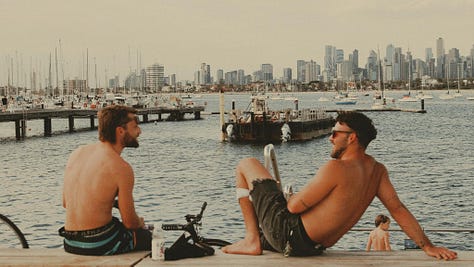
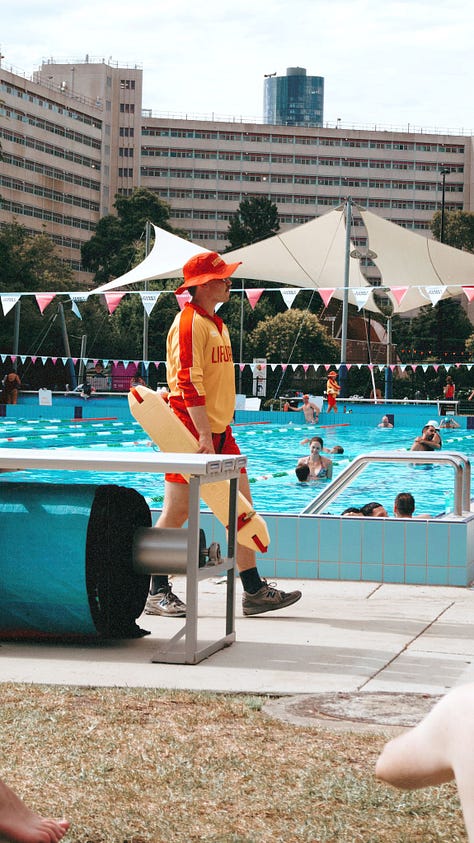
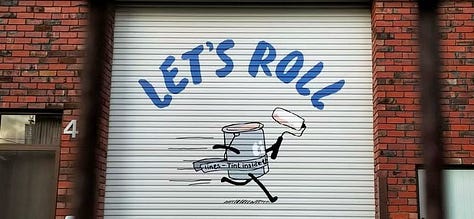
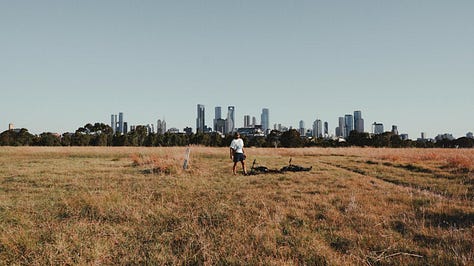
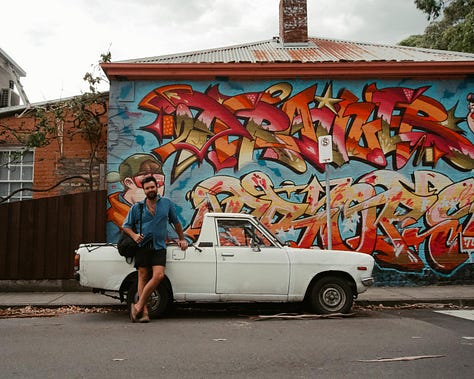
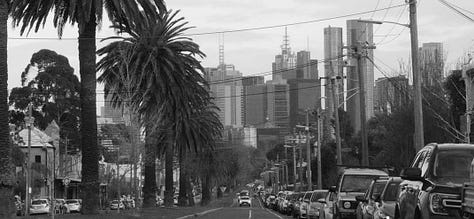

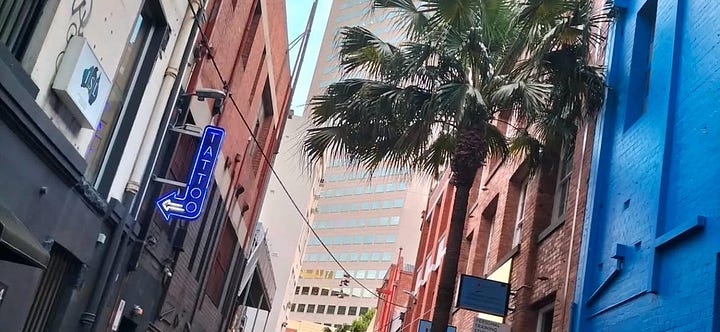
D: How has your experience with Australia and life in Melbourne changed over time?
V: My perception of Australia and Melbourne has evolved a lot over the years. The first time I came here, ten years ago, it didn’t leave much of an impression on me. It seemed like a place without history, without a true culture, and the food was terrible. Walking around, I didn’t feel the soul that Europe has in every corner. If you had told me back then that one day I’d live here, I would have laughed.
But life is unpredictable. When I moved to Melbourne, knowing I would stay for at least a year, I had a completely different mindset. The city had changed, evolved, but most importantly, I had changed. I found myself in a dynamic, international environment with a vibrant atmosphere. My first impression was positive: Melbourne is huge, multicultural, and has a much more relaxed pace of life compared to major European cities. One detail that struck me was how people walk—no one rushes around frantically like in Milan or London. It reflects a different balance between work and life.
At first, I struggled with the cultural differences. Australia doesn’t have the deeply rooted traditions that Europe does, and many customs here are imported, losing some of their authenticity. Even the classic “Hey, how’s it going?” that everyone says on the street felt superficial to me because no one actually waits for an answer. But over time, I learned to appreciate this spontaneity and the openness of the people.
Overall, my perception has improved. I’ve learned to adapt, to stop comparing it to Italy, and to live the experience for what it is. Melbourne is one of the most livable cities in the world, and it’s easy to see why.
D: How did the idea of exploring Australia by car come about?
V: After a year and a half in Melbourne, I realized that despite moving to the other side of the world, I had recreated a life very similar to the one I had in Milan—same work sector, same rhythms, a well-defined routine. That made me reflect. I had traveled across the world to discover something new, yet I still felt “stuck” in a familiar cycle.
The idea of the trip came from the desire to experience something completely different. My brother had done a similar journey years ago, and we had talked about it often. I’ve always felt a strong pull toward nature, and Australia, with its endless open spaces, offered the perfect opportunity. So, with my partner, we decided to leave everything behind and set off. We customized a 4x4 with a rooftop tent and the essentials to live on the road—nothing too fancy—and embarked on a six-month journey.
In total, we covered 22,000 km, crossing breathtaking landscapes, sleeping under the stars, and living with only the bare necessities. It was a complete break from routine—an experiment to see what remains when you strip everything away. And what remains is incredibly real.
This trip was a complete break from routine, an experiment to see what's left of you when you take everything away: work, home, comforts, daily habits. And what's left is incredibly authentic.
D: What remains of you, and what have you let go of?
V: For me, it was a deep reconnection with who we truly are. We live in a world that constantly demands our attention, keeps us tethered to screens, and measures our worth by productivity. This journey was a luxury—the luxury of disconnecting and rediscovering a more human rhythm.
We had no hot water, no mirrors, no constant internet connection. I lived with just a few clothes, walked barefoot for months, and followed the sun to set the rhythm of my days. And the incredible thing is that without all the superfluous, I felt richer, more present.
I fondly remember the mornings when I woke up with the ocean in front of me, lit a fire with the wood from the night before, brewed coffee in a moka pot, and sipped it while watching whales offshore. Those were moments of pure fulfillment, of absolute simplicity.
I learned the value of stillness, of listening to my body and to nature. I realized that true freedom isn’t about having more, but about needing less.
D: How did this experience influence your relationship with solitude?
V: This journey helped me make peace with solitude. I’ve always been a very social person, surrounded by friends and family, and I had never truly experienced what it meant to be alone with myself.
At first, I didn’t even know what to expect. But I discovered that solitude isn’t an emptiness to fill—it’s a space to inhabit. It’s an opportunity to truly get to know yourself, without distractions. I learned to be comfortable with myself, to listen to myself, to not fear silence.
It was a revelation. Now I know I don’t need to fill every moment with something or someone. And that is an immense freedom.
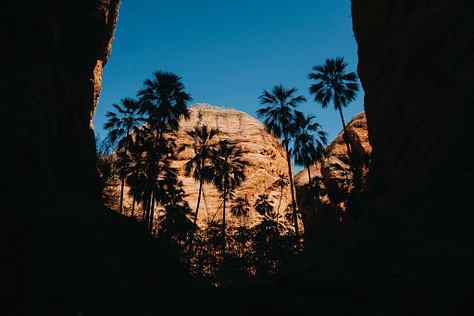

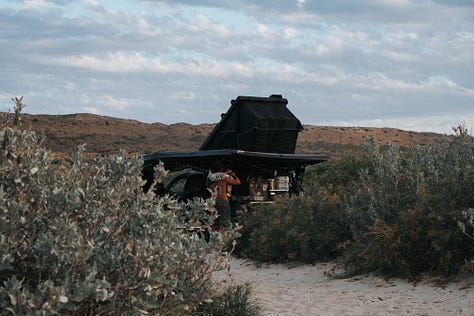
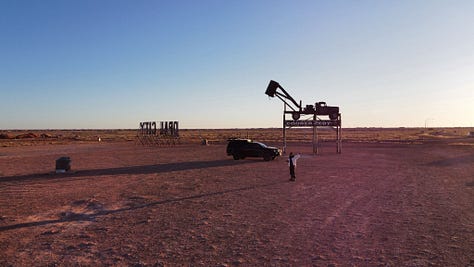
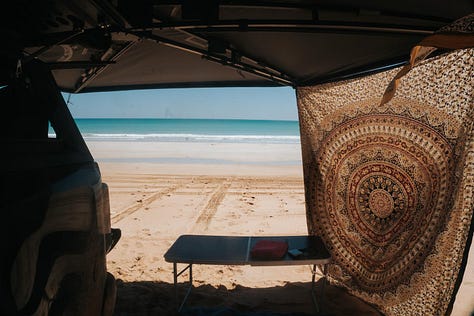
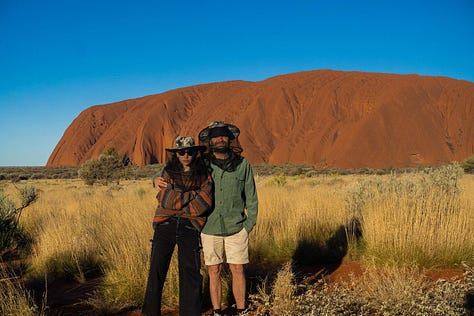
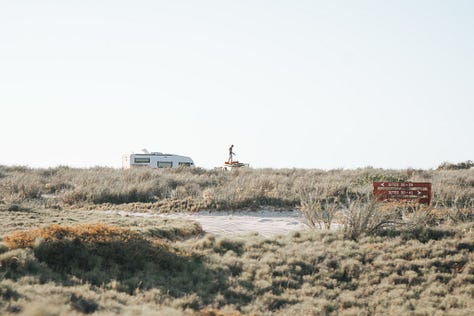
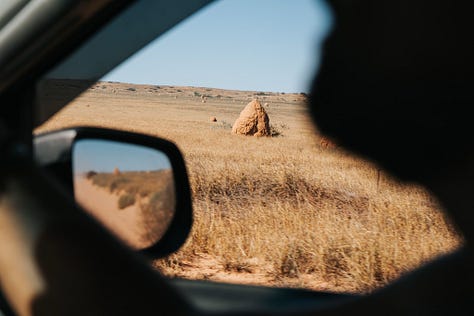
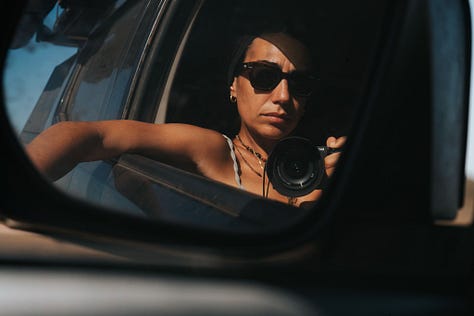
D: What was the hardest part of this journey?
V: Honestly, there wasn’t a moment when I wanted to turn back. Of course, life on the road isn’t always easy—there were endless driving days, unexpected problems, and the occasional inevitable argument with my partner (spending 24/7 together for months tests any relationship). But every difficulty was a lesson.
At first, we argued often over small things, but then we learned to communicate better, to respect each other’s space. The journey was a major test for our relationship, and we came out stronger.
D: How do you think this experience will shape your future?
V: This journey changed me deeply. I realized that being in contact with nature is essential for my well-being, that I don’t want a life stuck indoors, that I need movement and discovery.
I don’t think I’ll ever go back to living in a big city like Milan. My future will be more connected to nature, to the essentials, to a freer life.
There’s a quote I read recently that perfectly sums up what I’ve learned: “Happiness isn’t in the destination, but in the movement. It’s not a place that saves us, but the journey itself. It’s in going, in moving, in getting lost. Happiness is in the path, not in the arrival.”
And I believe that will always be my philosophy of life.
All photos by ©Veronica Bellotto. You can find these and many more on The Outbat.

